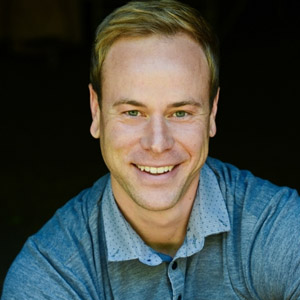
In last month’s newsletter, Erin discussed the concept of community and how finding Equus redefined what community is for her. We as instructors get to see the process of community building over and over again as each cohort of the Equus Coach Training begins the journey of learning this skill we all deeply love. And from what I’ve seen, one of the key experiences most people are seeking from community is a sense of belonging. I’m currently re-reading a book, Belonging: Remembering Ourselves Home by Toko-pa Turner, in which she states, “Whether it is the yearning to find our true place, our people, or a meaningful relationship, the longing to belong is the great silent motivator behind so many of our other ambitions.” (p.16) That feels so true to me.
So where can we look to if we want to redefine our experiences of community, drop the need to fit in, and truly return to a sense of belonging? Much like Erin mentioned last month, I have found that along my path with Equus. Horses, much like humans, are community-based animals. They understand that there is safety in numbers and that the least safe place to be is isolated from the herd. I’ve watched as horse herds work together, be still, socialize their foals, and navigate conflict and power without creating alienation for the individual members. And it has been a gift to see a model of community that doesn’t require its members to alter themselves greatly in order to belong. It made me believe it was possible to create that for myself as well.
It has required some hard work to rediscover the parts of myself I previously thought threatened my belonging and create a safe space for those parts to be seen and valid. But that is the work of belonging, to start by belonging wholly to oneself. I feel so lucky that I get to watch others have new experiences of community that foster a sense of belonging through my role as an Equus Coach and instructor. I always love when I hear an Equus Coach-in-Training or client state, “I just didn’t know I could feel this way with other people.” And I hear that sentiment often in our herd.
I’ll leave you with some of the words Turner shares in the dedication for her book that touched my heart: “May you feel shored up, supported, entwined, and reassured as you offer yourself and your gifts to the world. May you know for certain that even as you stand by yourself, you are not alone.” (p. 11)